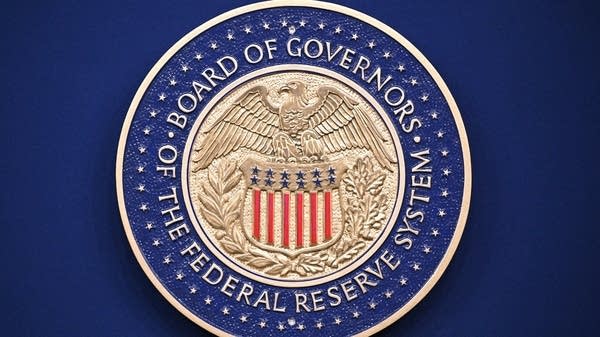How Trump administration policies are playing out in tribal economies
In a new survey, tribal leaders talked about federal grants that support vital services getting frozen, layoffs at agencies they work closely with and more.

Federal government budget cuts under the Department of Government Efficiency have been sweeping and deep. And this week, we get a look at how cuts are playing out in Indian Country.
A new survey from the National Center for American Indian Enterprise Development details how the first few months of Trump administration policies are impacting tribal economies.
The National Center has been working to help more tribally-run businesses reach global markets. Under the Biden administration, it got some funding to support that work.
“We were on a five-year grant for our export center,” said Chris James, president and CEO of the National Center. “We were on year four. Year five was just canceled — and without, really, explanation.”
That cancellation came after the Trump administration slashed staff at the Minority Business Development Agency, he said.
“We knew that might have been coming down the pipeline, but actually getting the notification that the grant was canceled — it was very real,” James said, adding that he’s hearing from tribal leaders all around the country with similar experiences.
In their survey responses, they talked about federal grants that support vital services getting frozen, federal contracts that tribes were counting on to bring in revenue getting abruptly canceled, and agencies that tribes work closely with experiencing layoffs.
“With every administration there are changes,” said James. “I think how those changes are implemented is a big thing. A lot of times, we would like to see things done with a scalpel instead of a chainsaw.”
None of the tribal leaders Marketplace reached out to were willing to talk on the record in what they see as a risky political environment.
Michaela Madrid is with the nonprofit Native Governance Center, which has been helping tribes navigate the change of administration.
“Just kind of the general theme has been chaos,” she said.
One thing she’s noticed and that came up in the survey? Federal funding and programs that support tribes sometimes getting swept up in Trump’s anti-DEI push.
“That is concerning because Native nations and citizens of tribal nations are not under the diversity, equity and inclusion umbrella,” Madrid said.
Instead, Madrid added that the federal government’s obligations to tribal nations are based in treaties. But this second Trump administration has offered mixed messages on how it views its relationship with tribes, according to economist Randall Akee at UCLA.
“This uncertainty is problematic in and of itself,” he said.
If the uncertainty persists, Akee said it could stall growth in tribal economies. “Tribal nations and governments are going through their days without knowing whether or not something is going to change. And that changes how they plan and forecast and invest.”
Just like other nations, tribes aren’t sure where they stand with their most important economic partner.













